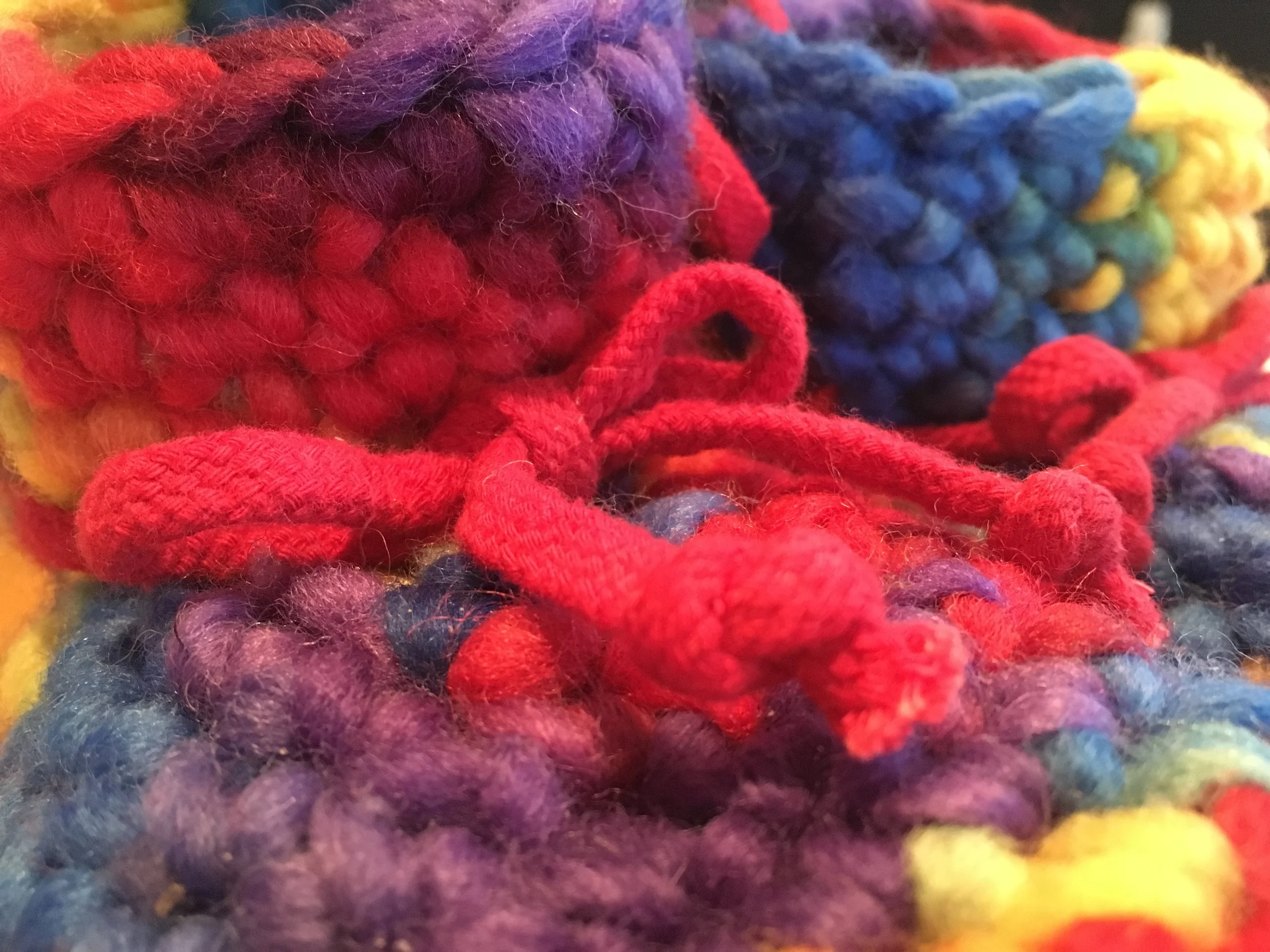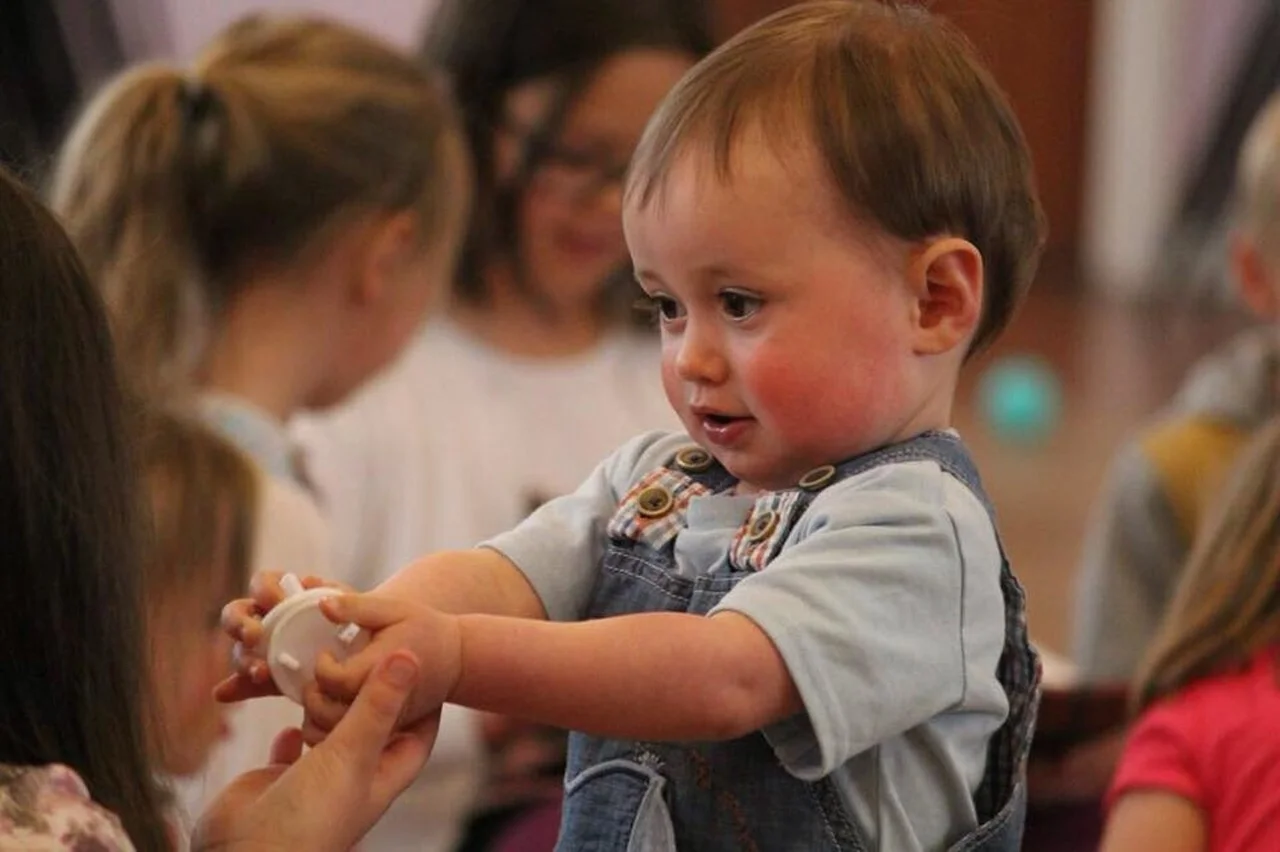We believe in the LifeWays/Waldorf philosophy of care.
At Apple Blossom Preschool and Early Learning Center, we make it our mission to provide quality, relationship-based care to all children under our wing.
We recognize the tremendous value of a child's early years, and know that they aren't simply stepping-stones to academically-driven programs, but valid and important times of all their own. In understanding of this, we've integrated the LifeWays philosophy of care into our everyday curriculum. In a our program, the focus isn't on instructing, but nurturing. We incorporate life’s daily routines into our teachings, and thereby provide opportunities for emotional, creative, and interpersonal growth in a caring, home-like environment.
The LifeWays model of childcare is based both off of generations of lived experience and proven scientific study, and is directly inspired by the work and philosophies of Dr. Rudolph Steiner. Steiner, a noted 20th-century philosopher, conceptualized the Waldorf educational model as a means to holistically develop a child’s intellectual, creative, and artistic capabilities by engaging every part of the child's brain. Steiner's schools focus on nurturing children creatively and emotionally to their learning programs and ultimately seek to provide children with the confidence and emotional security they need to develop their cognitive and emotional capacities later in childhood.
In pursuit of this mission, we hold to the following ideas:
1. Children thrive in consistent, nurturing environments.
Our center understands that children need warm, empathetic caretakers in order to develop emotionally and intellectually.
In understanding of this, Apple Blossom is structured to provide your child with a care environment that provides the same nurturing consistency as your home. Young children develop most healthfully when they are looked after by the same caregivers in their first few years. Maintaining consistent caretakers is vital to building a sense of trust, and in giving the child a the sense of security and confidence they need to develop healthfully.
2. Healthy development needs a connection with nature.
We built our programs around the belief that a connection with the natural world is a must for young children. Research published by Alliance for Childhood suggests that young children need emotionally-anchored, in-person interactions with their caretakers in order to develop their language, cognitive, and motor skills. Recognizing this, our programs turn away from television programming and electronic forms of entertainment and instruction, and prioritize interpersonal activities such as song circles, art, and outdoor exploration.
3. Relationship-based care is vital.
Young children need mixed-age, relationship-based care in their initial years. Children take their earliest life lessons from their interactions with those around them, and with mixed-age care, children not only learn from their trusting relationships with caring, adult role model, but from their older peers as well. As children develop from 'younger' into ‘older siblings,’ they learn how to interact empathetically with those of all ages develop their positive interpersonal communication skills.
4. The routines of daily life offer opportunities for learning.
In a our preschool, activities of everyday life are at the heart of all programs.
Children are engaged in domestic, creative, and explorative pursuits within a routine schedule. Some children might help prepare food, tell stories to a song circle, participate in simple artistic activities, or even explore the outdoors with their teachers and peers. Regular meal and nap times are incorporated into the daily schedule to establish a comfortable routine for the children.
According to child psychologist’s Jane Healy’s findings in her book, Your Child’s Growing Mind, young children who grow in well-framed, play-oriented learning centers enter later stages of childhood with greater eagerness to learn, and better skill development. Apple Blossom's programs seek to help children develop healthfully and happily within programs meant to foster curiosity, creativity, and play within a supportive, structured environment.


